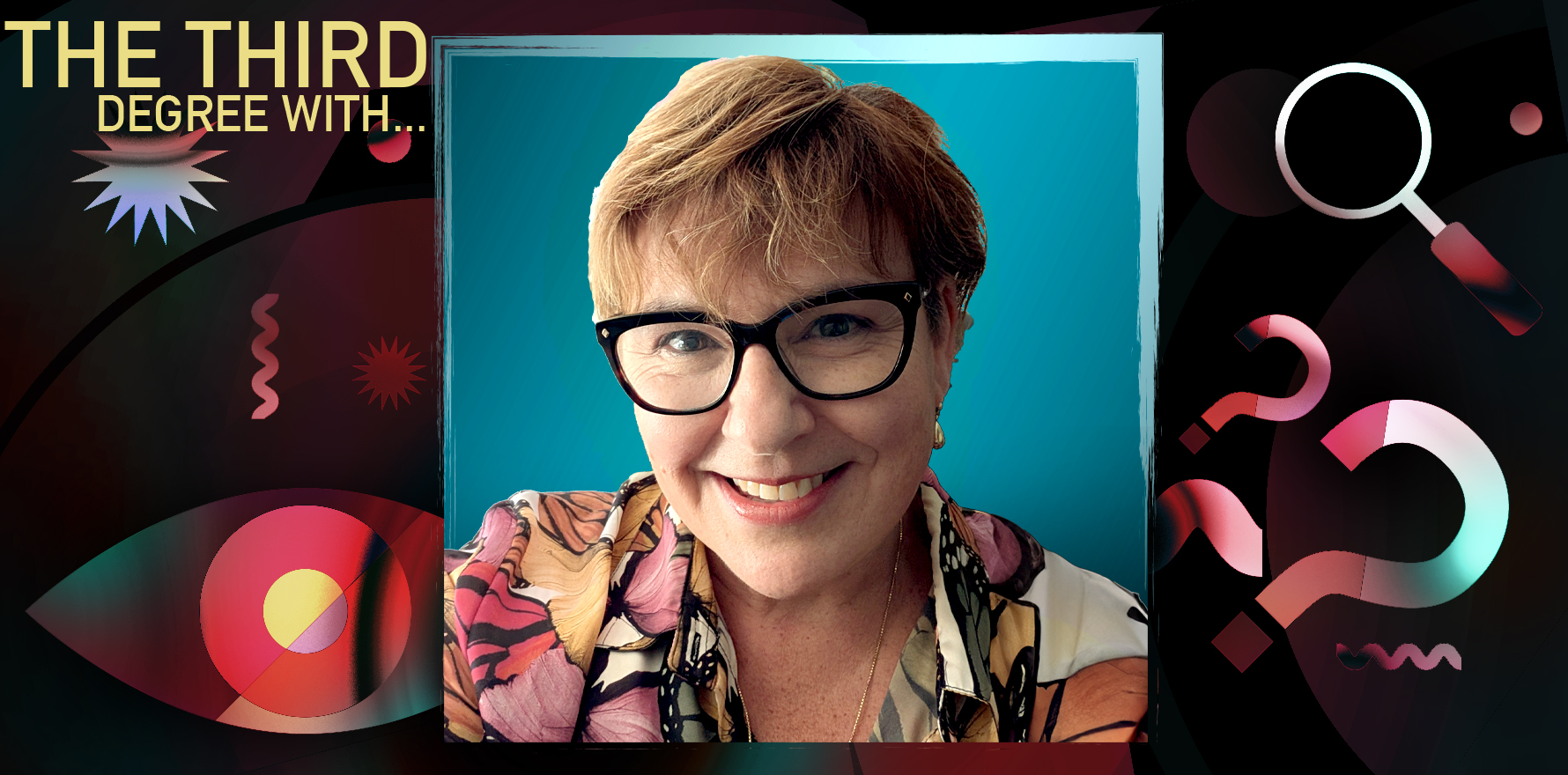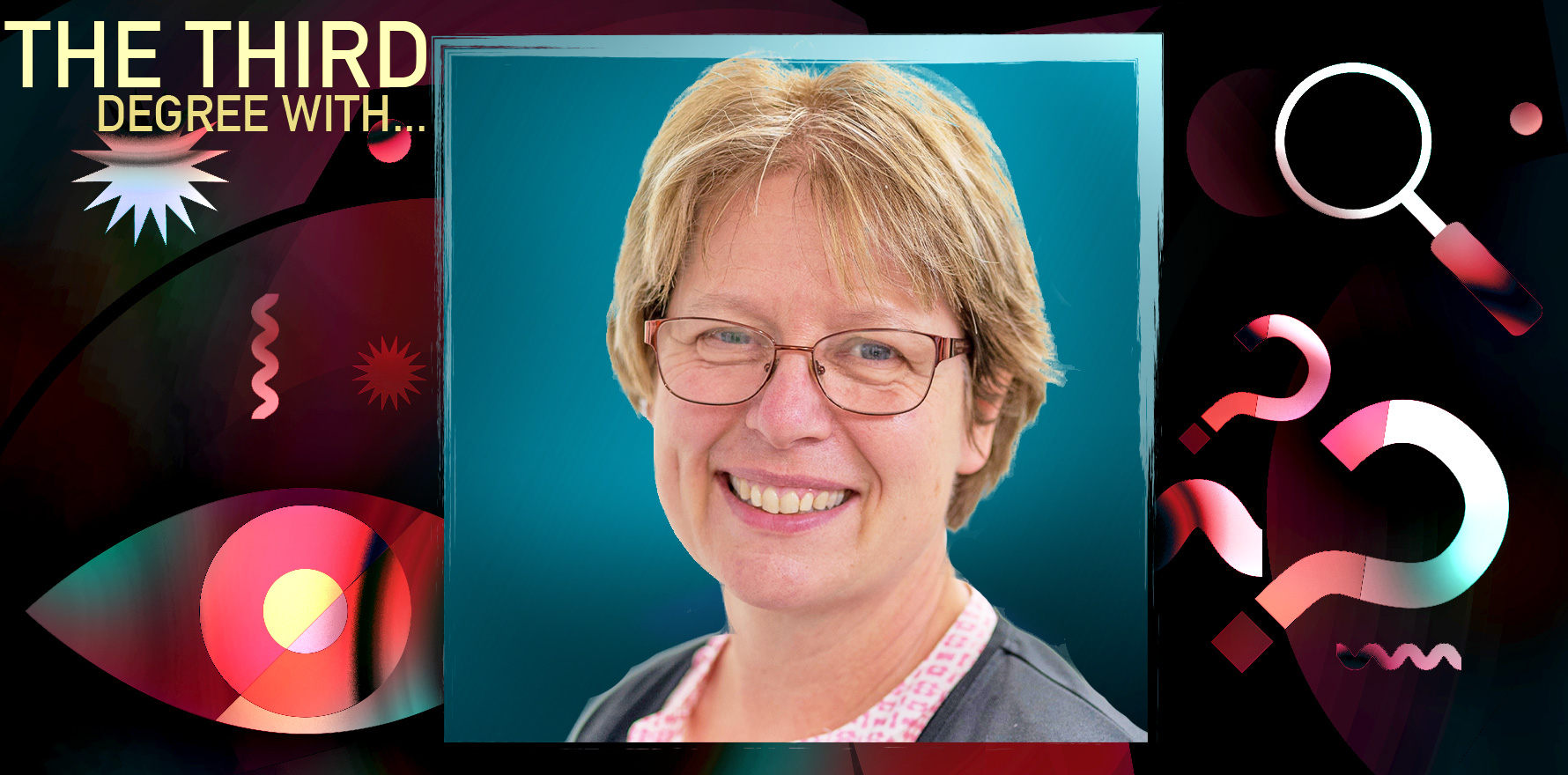General Practice Supervision Australia CEO Carla Taylor on long-term trends, data and why the advocacy body prioritises research.
Much hay has been made of the dwindling number of doctors going into GP training and the subsequent efforts to get that number to tick up – but if and when that happens, will anyone be left to train them?
General Practice Supervision Australia CEO Carla Taylor, who has helmed the organisation for the past three years, sat down with The Medical Republic to chat about what drives some GPs to take on the (mostly unpaid) work of supervision.
TMR: The work level for GP supervisors is dictated by training numbers, which have swung up and down over the last few years. What’s the long-term trend?
Ms Taylor: Looking at training specifically through the [Australian General Practice Training] program lens is different to what is experienced on the ground.
There are a whole lot of medical students and pre-vocational doctors out there being supervised by the same people who will look after a vocational trainee, fellows requiring remediation and international medical graduates.
The [GP registrar] fluctuation has been felt in ways that we, as the organisational peak in the supervision space, may not see it immediately with changes in our numbers or work coming through.
What we see more broadly is the closure of clinics and practices across the country, because it’s the workforce imperative, and we have seen a lot of that.
Of course, a lot of those closures have also been masked by the impact of covid in different regions as well … and that has had lasting ripple effects.
TMR: And what do those look like?
Ms Taylor: Supervisors not continuing to practice – it’s a real decision.
They can get a lot out of being supervisors. The benefits are many and varied, and a lot of supervisors continue practising as GPs because they’ve found joy again through supervision.
But at the same time, the old cohort of supervisors used to be the practice owners.
They directly benefitted from workforce development and they could perpetuate their businesses through sacrificing time and their own fee-for-service income.
Now, though, a very, very large component of supervisors are independent GPs who have to think very carefully.
Are they’re going to able to take home what they need for their families, or are they sacrificing time and energy to training somebody else’s future workforce?
They don’t just do a couple of paid hours of teaching time. They’re actually engaged with their learners a lot more than that, the same as a consultant in the hospital.
A lot of time and energy goes into it that is not recognised financially.
In the old days, which wasn’t really that long ago, the practice owners doing the supervising had the benefit of workforce.
This [shift] has changed the whole way of thinking.
Money is the driver of all things when, equally, passion used to be the [main] driver for supervisors.
It still is for a lot of people, but it’s not enough.
It can’t carry them through when there’s been a long period of Medicare freeze, the denigration of general practice and that heaviness that I think many of us have felt at different GP conferences over the last couple of years.
There is that sense that it’s all really hard, and having the ability to train and to have that passion is a pleasure, it’s an honour, but when sacrifices outweigh that benefit … it’s definitely a driver for us to try to find ways to streamline processes for supervisors.
To make it joyful again.
TMR: One of the big differences between hospital-based training and GP training is the pay, which you’ve touched on there, but what are some of the smaller differences?
Ms Taylor: Passion for the community … is what a lot of our members will talk about.
We want to make sure when we’re older, that when we need care, we’ve got good quality practitioners.
It’s that distinction between the hospital-based salaried model – and I don’t mean that in terms the delivery of supervision in hospitals – but the passion that you get from somebody in the general practice environment is because it is very personal.
You’re not surrounded by a huge team.
It can be quite isolated in that general practice consultation space, but it is personalised to that level where you’re training somebody because, you know that [Jane Smith] will need somebody who can manage her very rare illness into her old age.
Related
TMR: You recently wrote an article for the GPSA website which critiqued the constant chatter about data and tech, especially the interventions that over-promise and under-deliver. Let’s chat about data…
Ms Taylor: Penny wise, pound foolish was my mum’s expression.
Some of these … funded projects [that you see presented at conferences] have some sort of data attached, and some of those data will be n = 6 or 7.
We’re not talking about huge participation – but there’s a huge investment, and it’s what that investment actually delivers that is a little frustrating.
If everyone stopped and put a concerted effort into a holistic solution across a region, if not nationally, it’s going to be a very different environment for everyone.
I started in GPSA doing some work in the research space, and looking at it through the lens of, “how does this translate into something useful for the membership and for the community?”
In turn, you want to see data that’s meaningful, you want to make sure it’s been fact checked and contextualised accurately – and unfortunately, it’s often not.
TMR: GPSA has a strong research focus – I know you even have a researcher on staff, which isn’t something I’ve necessarily seen in other advocacy organisations. Where does that focus come from?
Ms Taylor: We maintain that what we provide is best practice in terms of our education and our advocacy, and that starts with data.
Having a really strong foundation in research has been a priority for me personally and the organisation.
It’s not something that flew very quickly with the board, I must say, because GPs tend not to be terribly excited about providing their data, and that’s what they associate research with.
Having an opportunity to explain and showcase the benefits of research and identifying how our education materials are best practice and how they are changing the way people are delivering supervision and the benefits back to the trainees, that’s helped us establish the need for that focus on research and it’s independent.
It’s our independence, I think, that makes it exciting.
We’re not a training provider. We’re not competing with a training provider.
What we’re doing is making sure that there’s resilience within the GP supervision workforce, without which there is no GP training.
TMR: What does the supervisor workforce look like – are there enough people to handle the influx of trainees that the government wants to see?
Ms Taylor: Have we got enough? Technically, yes.
Have we got enough in the right places? There’s a question.
Have we got enough that feel they have been given opportunities in the last couple of years and still have the passion they had pre-covid? That’s another question.
That’s the problem with having had the numbers drop in these last couple of years – for those practices and supervisors who had equipped themselves and made training a priority and focus, without a trainee in the practice…
It doesn’t take much for that to become something that they turn away from.
It’s not necessarily about any placement policies or government [funding], it’s about them feeling like they’re not considered good enough by the potential trainees.
If they haven’t attracted a registrar, a lot of our members will say to us, “what have we done wrong”.
“We’ve delivered fantastic training – and no, okay, we’re not sitting over the top of a beach – but we’re in a beautiful town and a lovely, busy peri-urban setting, but they’re not coming,” they say.
“What have we done wrong?”
Their self-confidence gets eroded, and it’s hard to rebuild that.
We’re at the point of trying to make sure that opportunities for medical students and pre-vocational doctor training are seen as just as rewarding as AGPT training, but vocational training is the only one where there is an income generated for the supervisor.
It’s by no means compensates all the hours that they give, but there’s some reward.
The GP supervisor needs to be a destination career in its own right.
It needs to be something where the trainee comes in, looks at that person and sees that they’re happy doing what they’re doing, they’re sharing something they love, that’s what they want to be, then you’re creating a robust, long term supervising workforce.
TMR: What do the next few years look like?
Ms Taylor: It’s looking up.
I know that everybody sees a promise coming from a pre-election period as a bit of a whitewash, but I think our board is seeing the benefit in primary health care getting a “goal” to this extent [in the $8.5 billion promise], and that being replicated by the Opposition.
It does make it look we’ve turned the corner – no longer is general practice the poor cousin.
It’s not all about the money, but if there is some financial support for general practice broadly it can only help.
It really is amazing how influential GPs are in the life of the community members around them, and that’s something we’d love our members to be able to transfer onto trainees.
TMR: We like to do a silly question as well – I know you have a groodle named Charlie Brown. What would he do if he was a person?
Ms Taylor: I think he’d be a punk rocker.

Charlie Brown, replete with mohawk
This interview has been edited for length and clarity.





